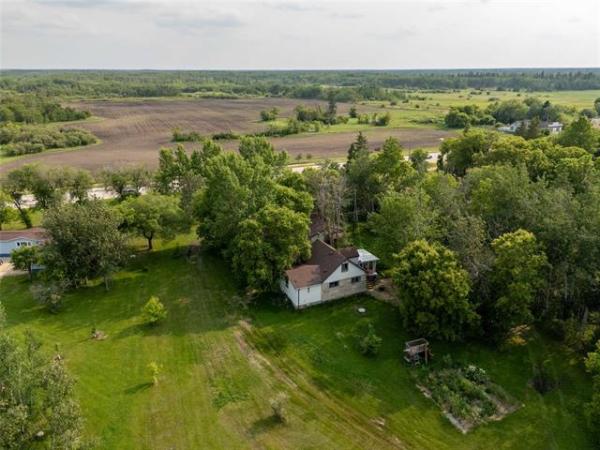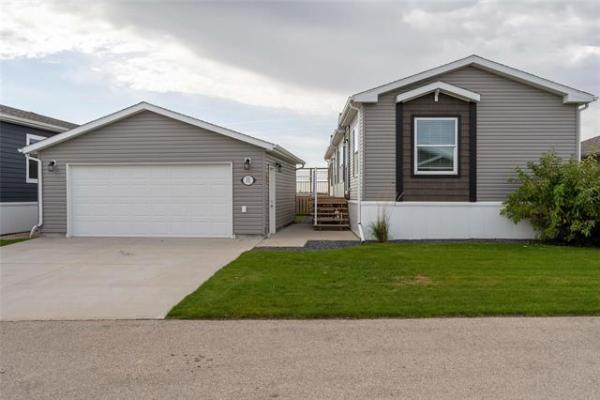While a resale condo may provide an opportunity for a more relaxed lifestyle, getting there can be challenging.
A big misconception with condominiums is that people tend to think that buying a condo is just a less expensive way of buying a house -- not fully understanding all the details pertaining to shared ownership.
What does condo ownership entail?
The first step is to really understand what condo ownership means.
By purchasing a condo, you become a part-owner with other unit owners in the complex in regard to common elements such as the exterior structure -- items like the roof, exterior walls and foundation -- and any common areas and amenities (things like hallways and swimming pools).
Operation costs are shared by all owners in the form of condo fees. Your personal ownership space usually extends inward from your unit's interior walls, floors and ceilings.
Do the condo rules and regulations match your lifestyle?
All condo rules and regulations are set by the development's independent condo corporation.
There are bylaws set forth to ensure that the building is properly operated and maintained to the standard that the condo corporation has agreed upon.
But you need to ensure the rules and regulations of a particular condo fit your lifestyle now and in the future. Do you plan to rent out the condo at some point? Do you plan on having pets? Are you paying for extra amenities you don't use?
Condo corporations can also place restrictions on the number of occupants allowed in a unit, as well as pets, noise, parking and when certain amenities can be used.
Other rules and restrictions often include strict guidelines regarding the altering of appearances.
You will also want to check into the parking rules. Know if your unit includes a stall, or if you have to pay additional fees for parking.
If these restrictions are documented regulations, each unit owner must follow them.
Do you understand your monthly condo fees?
Monthly condo fees, to be paid by each unit, are also set by the corporation to pay for the upkeep of the buildings and grounds.
Condo fees are determined by the corporation based upon their needs and are usually calculated from the annual operating cost of the entire condo building and divided by the percentage of your contribution.
They typically include day-to-day care and upkeep of the grounds, exterior building, property management, amenities, utilities, insurance and reserve fund contribution.
These rules, regulations and condo fees have to be provided to each buyer in a document upon sale of a unit.
What is the financial health of the condo corporation? Is all documentation for the condo accessible and in good order?
It's important to have a document review service take a close look at the condo documents, especially to find out what the condo corporation's financial picture looks like and whether it is involved in any lawsuits.
There a number of condominium document review services out there that your realtor can put you in touch with.
A seller and the condo corporation should provide you with governing documents (constitution, declaration, condominium plan, and bylaws), reserve fund documentation, operating budget, financial statements, annual general meeting minutes and at least 12 months of board of director meeting minutes.
What is a reserve fund?
A reserve fund is set up by the condo corporation to provide financing for major repairs and projects over the life of the condo complex.
It ensures that all common elements are maintained and updated.
The reserve fund is funded and maintained by the condo owners. If there is not enough money in the fund, the corporation will expect the owners to provide more funding by means of a special assessment.
An estoppel certificate is a signed statement from the condominium corporation that certifies the information provided is correct, and outlines condo fees and any outstanding fees that remained unpaid.
In most cases, the purchase of a condominium should be conditional to the buyer being satisfied with the condominium documents.
Condo-hunting checklist
* Ask your realtor what his or her experience is buying and selling condos -- and choose one you feel has the condo expertise you need.
* Go over the condominium property schedule with your realtor. This form will be attached to the offer and will be a part of the contract.
* Have a condominium document review specialist go over all of the condo documents and have them clearly explain to you any issues you should know about.
* Make sure there is a certificate of insurance for the condo corporation.
* Understand the condo fee breakdown and make sure you are satisfied with it.
* Check the corporation's bylaws to see how their rules and regulations fit with your lifestyle.
* Make sure you understand what was included in determining the size of your unit.
* Find out if the property manager is performing at a high level of service and to the satisfaction of the owners.
* Ask questions of your realtor throughout the process.
-- Canwest News Service



